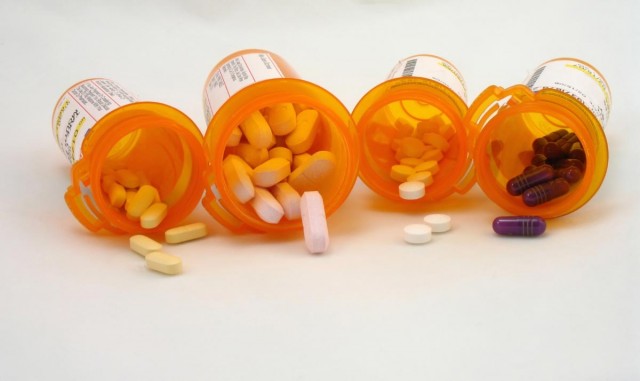Six pharmaceuticals that cause weight gain
09/14/2015 / By Michael Bundrant

All else being equal, losing weight is difficult enough. When you take pharmaceuticals known for causing weight gain, the battle of the bulge gets that much harder.
For your information, below is a list of six common pharmaceutical medications that have been show to cause weight gain.
1. Antidepressants
Older antidepressants, namely Elavil, are the most notorious for leading to extra pounds. Even the common brand Zoloft can lead to a net gain of 30 pounds over a few months. This is odd, however, since serotonin is a natural appetite suppressant.
2. Insulin
According to one study, significant relationships between insulin for treating type 2 diabetes and weight gain were noted. This is because insulin forces the sugar out of the blood stream where it is immediately turned into fat. A common solution is to simply avoid overly sugary foods.
3. Antihistamines
Including Benadryl, Nytol and generics, these drugs block histamines which regulate both appetite suppression and fat metabolism. When the brain is no longer given a strong message that the stomach is full, it sends the body into an eating overdrive.
4. Psychotropics
Taken to otherwise maintain emotional stability, psychotropics inevitably led to fast weight gain upward of 37 pounds. Scientists believe this is a direct cause of neural receptors, affected by the drugs, tied with inhibited fat to energy conversion.
5. Steroids
Steroids, like prednisone, are absolutely the worst when it comes to staying at a healthy weight. Increased fluid retention and a much higher appetite typically mean higher calorie diets. Users also report added fat to places including the belly, back of the neck and face.
6. Valproic Acid
Otherwise known as VPA, Valproic Acid is taken as a popular way to treat epilepsy because of its ability to prevent convulsions. About 57% of adults that take the drug do gain weight. While on the drug, users crave much more fast food in addition to giving in to binge eating much more often.
Sources for this article include:
DrWeil.com
ObesityAction.org
ncbi.nlm.nih.gov
ncbi.nlm.nih.gov
Tagged Under:




















